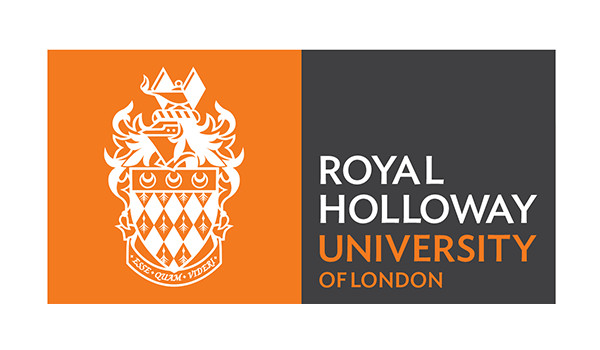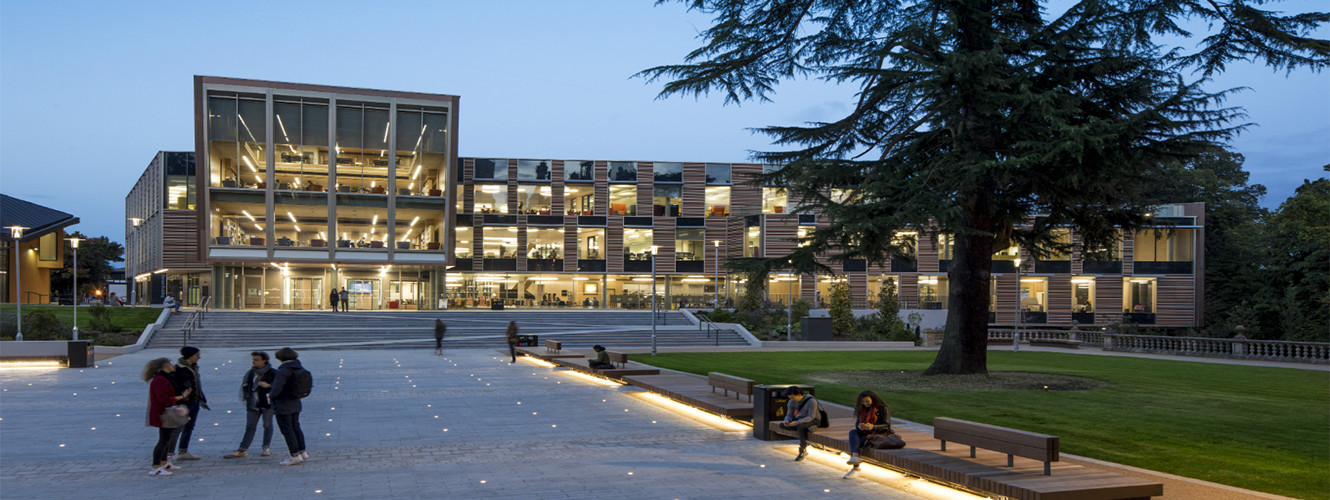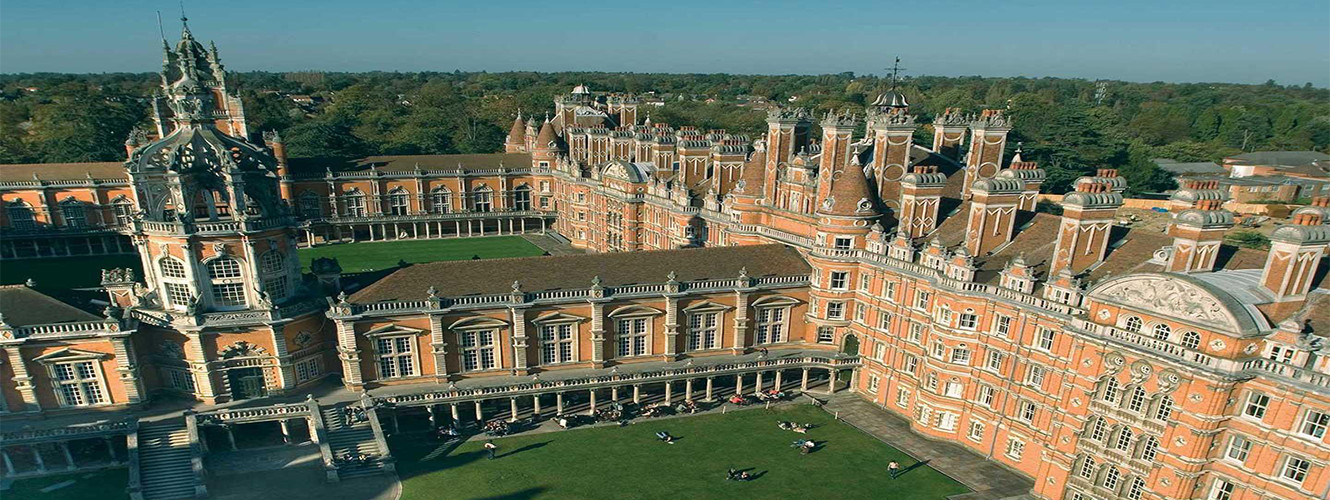UK012 BSc Theoretical Physics Royal Holloway University of London
-
THÔNG TIN CHUNG
One of the best-known theories in science, Einstein’s theory of relativity, came from the ‘mere’ observation that Clerk-Maxwell’s theory of electromagnetism and the Galilean relativity were incompatible. Beyond this and since the development of quantum mechanics, theoretical physics has played an important part in constantly questioning what we know, by putting forward deeper and usually more mathematical expressions of understanding and explanation.
On our three-year Theoretical Physics BSc, you will cover all the core material that a graduate physicist would be expected to know, but there will be more emphasis on developing what you will have learned during A Level Mathematics and Further Mathematics, to allow a deeper conceptual understanding of classical and modern physics. This emphasis on theoretical concepts and foundations could help give you a deeper appreciation of the beauty and surprises of Physics.
Because of the theoretical nature of this course, you’ll spend less time in the laboratory in later years, with options from more theoretical areas, such as Quantum Theory, Further Mathematical Methods, Stellar Astrophysics, General Relativity & Cosmology and Non-Linear & Chaotic Systems to provide an emphasis on advanced theoretical topics in Physics.
We’re based at the heart of the campus, where you’ll have access to laboratories, technical help, academic staff and, on the roof of the department, our astronomical dome, dedicated to undergraduate study. In Egham, Surrey, we’re well away from the light pollution of the big city so our telescopes can give you the best observational astronomy in the University of London. Beyond the specialist equipment, we also have video-conferencing facilities that allow people to take part in seminars and lectures at other institutions.
-
CƠ HỘI NGHỀ NGHIỆP
A degree in Physics is one of the most sought after and respected qualifications available.
The training in logical thinking, the ability to analyse a problem from first principles in an abstract, logical and coherent way, and to define a problem and then solve it, are critically important skills. These skills go well beyond your specific knowledge of physical phenomena they’re the reason why Physics graduates go on to excel in all types of employment, including those only loosely related to Physics, like management and finance, as well as scientific, technical, engineering and teaching careers. In this way, a degree in Physics helps keep your future employment options both bright and open.
- ĐIỀU KIỆN ĐẦU VÀO
- ĐIỀU KIỆN NGÔN NGỮ
- HỌC BỔNG
- ĐỊA ĐIỂM
Tóm tắt
-
Phí ghi danh
0
-
Độ dài khoá học
3 năm
-
Kỳ nhập học
Tháng 9
Phí Cơ Bản
-
Loại Tiền
-
Học Phí
Trên năm -
Phí Sinh Hoạt
Trên năm -
Tổng






